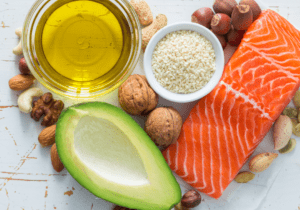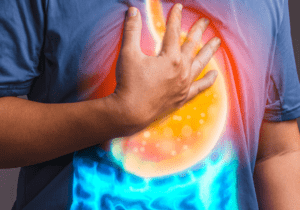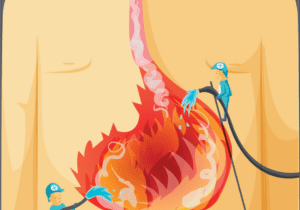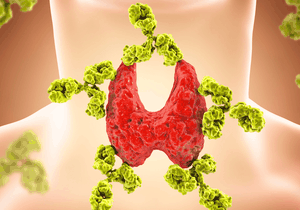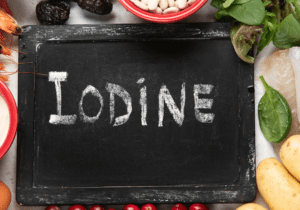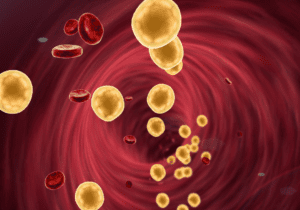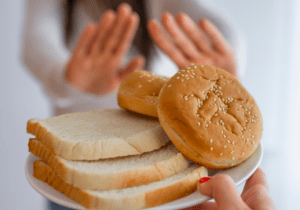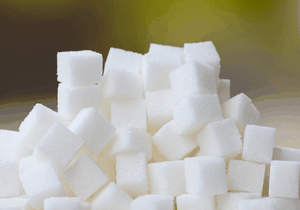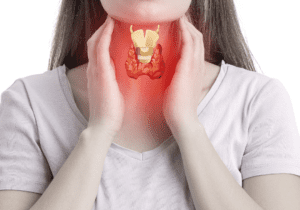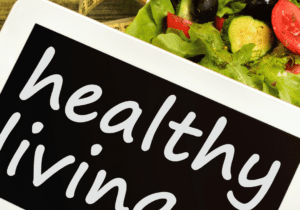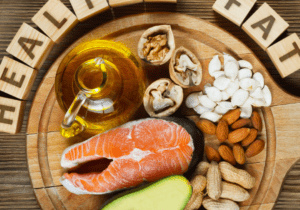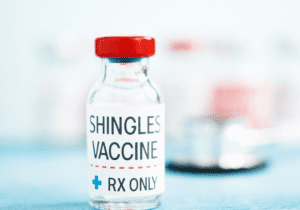Cholesterol! Fact and Fiction
I have noticed lately that there is an excessive emphasis on cholesterol lowering. In fact, every other drug ad on TV features some form of statin such as Crestor®, Caduet®, or Lipitor®. Someone once jokingly told me that the medical profession and drug companies attribute so many benefits to the use of statin drugs that they will soon mandate that it be added to the drinking water. The very thought turns my stomach. So, what is the truth? Is cholesterol really such a bad guy and is it really better to walk around with a cholesterol level of 100? Let’s find out….
So what is cholesterol and do we need it? For starters, cholesterol is a waxy fat that we eat in our diet and make in our body, mostly in the liver. It is involved in a variety of bodily functions from making bile to strengthening the cell membrane. The wisdom of the body is such that when we eat a fatty meal, the presence of cholesterol in the meal switches off the liver’s own production. Ironically, most of the cholesterol made in the liver is converted into bile necessary for the digestion of fats. Without sufficient bile, we are unable to fully break down our dietary fats, as a result, we can’t absorb our fat-soluble vitamins which include vitamin A, D, E and K. Another side effect of insufficient biliary production is its effect on the pancreas. The pancreas makes several digestive enzymes one of which is lipase which is necessary to complete the breakdown of fat. When bile is insufficient, the pancreas has to work double time which can overstress the gland and lead to pancreatic problems. Cholesterol is also an important component of hormone production including adrenal hormones, estrogen, progesterone, testosterone and the active form of vitamin D. Note that since the push to lower cholesterol levels, there has been an increase not only in sexually related disorders such as low libido and erectile dysfunction, but also sleep disorders, chronic fatigue, both a sign of adrenal exhaustion, and osteoporosis. Another very important function of cholesterol is keeping your skin plump and impermeable to water loss. That’s right healthy skin is related to healthy cholesterol levels. There is more, but I think you get the picture. So having pointed out the plus side of cholesterol, what is the negative side?
Just like anything else the key to a healthy body is balance, so just as too little cholesterol can be a problem, so can too much. But how much is too much? The American Heart Association’s current guideline is a cholesterol of less than 200mg/dl. However, that number completes a trend over the last 25 years that has progressively decreased cholesterol levels from the norm of 270mg/dl in the mid 80’s to the current level. Makes you wonder, doesn’t it? Regardless, elevated levels could mean a physiological imbalance that needs attention.
So what do you do if you have higher cholesterol? Are statins the answer? That is for you to answer, but it’s important to note that the unfortunate side effect of statin drugs include liver damage, and potential heart and muscle impairment. If you want to preserve your health, diet not drugs should be your first line of defense for lowering cholesterol and triglyceride levels. Limit your saturated fats and eliminate all hydrogenated and partially hydrogenated fats also known as trans fats. Since sugar can also contribute to elevated blood fats, limit your sugar intake and stay away from processed and prepared foods that tend to have hidden sugars and chemicals.
Finally, eat plenty of fresh fruits and vegetables, as well as lean clean meats, they are naturally low in saturated fats and provide healthy nutrients. Eat well and stay healthy.
